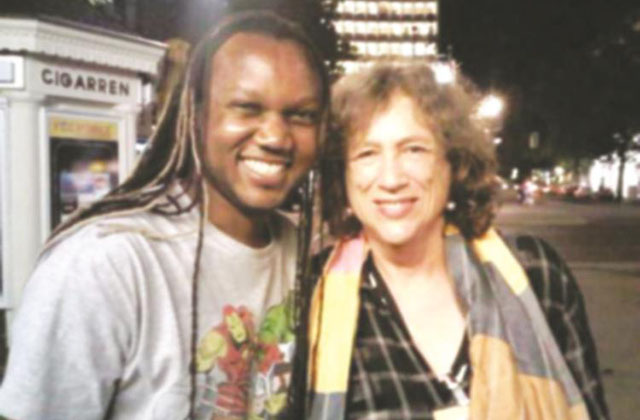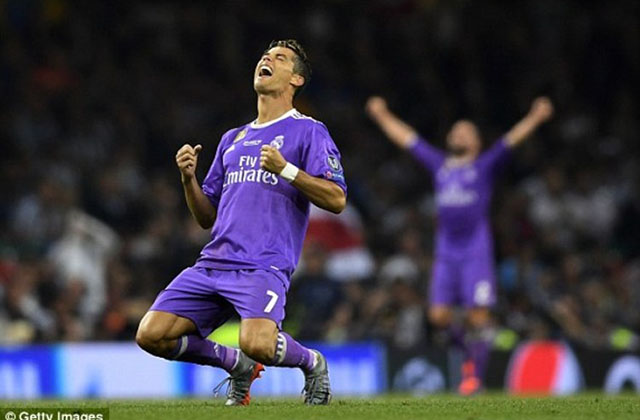In search of the king of Shona novelists

Stanely Mushava Literature Today
Ignatius Mabasa, Charles Mungoshi and Patrick Chakaipa, disruptive hegemons fronting three generations of the Shona novel, have been amplified in a new study conducted at the Humboldt University of Berlin.
The study, directed by Flora Veit-Wild, parses language use in Mabasa’s “Mapenzi”, Mungoshi’s “Ndiko Kupindana Kwamazuva” and Patrick Chakaipa’s “Pfumo Reropa”, novels at the head of creative departures in the development of the genre.
The project, titled “Changing Patterns of the Shona Novel from Zimbabwe – A Linguistic Literary Analysis”, extracts and listens closely to voices in the novels to detect evolving moral sensibilities, stylistic innovations and linguistic moulds in the novels.
Veit-Wild, whose labour of love for Zimbabwean literature has been since she came to Harare as a literary journalist in the 1980s, chose the novels for the literary class, generational representativeness and technical distinctiveness.
She feeds the dynastic corpus, which influentially spans the generations, into a project marrying literary and linguistic tools in the criticism of Afrophones and, particularly, Shona literature.
“Chakaipa’s novel stands for the first, classical phase. It represents the norm of how Shona had to be used in literature, safeguarded by chaperons of cultural preservation even up to after Zimbabwe’s independence in 1980,” writes Veit-Wild.
Her 1987 survey featuring 96 Zimbabwean writers placed Chakaipa atop the list of favourite authors during school years, on par with William Shakespeare.
Mungoshi, a second generation hegemon, topped the list of favourite authors read after school years. Straddling Shona and English writing with singular fluency, he is credited for uploading the first-person narrative and a non-linear plot structure into the Shona.
“After a gap of more than three decades, Mabasa’s ‘Mapenzi’ finally surprised the Zimbabwean reading public with a narrative that obliterates any coherent storyline, reproduces the language ‘of the streets,’ and speaks of issues such as corruption, abortion, sexual violence, and AIDS,” writes Veit-Wild.
The research on the three novels interestingly led to the creation of language-reading software called the Berlin Shona Novel Corpus (BeShoNo) whose toolbox breaks up language features such as linguistic glossing, parts of speech and free translation for closer scrutiny of the text.
Since the software does not pick out literary features such as rhetorical figures, sentence structure and figurative language, as such excluding them from statistical deliberations, it is still slanted towards the language side of criticism.
With the help of the software, Veit-Wild micro-manages the kind of voices that speak in and from the three novels, progressing perceptibly in the attempt of to make “voice audible in a written text”.
Her research is published in a miniaturised format in the special issue of the “Research in African Literatures” journal, titled “Reading Closely: Investigating Textuality in Afrophones Literatures”. She guest-edits the volume with Clarissa Vierke who recently researched on aesthetic practices in Swahili poetry.
The issue also features other articles of Zimbabwean interest, Taonezvi Vambe’s “Playing with the Tensions between Animal and Human Allegories in Ignatius Mabasa’s Novel ‘Imbwa Yemunhu’” and Katja Kellerer’s “Harare, haarari – s/he does not sleep: Imagining the City in Charles Mungoshi’s ‘Ndiko Kupindana Kwamazuva’ and Ignatius Mabasa’s ‘Mapenzi”.
The issue is prefaced by a sort of manifesto contending for the need to touch up critical reception of books from Africa “on a par with other major literatures of the world, for whom ‘close reading’ has long since been a widely used term and method of analysis”.
“Our declared aim of investigating their ‘textuality’ emphasises the craftsmanship that is at stake: Language is the clay in the writer’s workshop and its literary usage needs to be examined with appropriate tools,” the editors write.
“Our approach is guided by the following main questions: What does writing do in a particular text and how does it do it? And in our context: how do the specificities of an African language shape a literary text? How do authors writing in an African language creatively explore the linguistic particularities of the language they write in?
“Our endeavour can be considered as a plea not only for a more balanced consideration of African languages and the literatures written in them, but also for a more language-centred approach to literature from Africa, generally speaking. Contrary to many prevalent forms of textual analysis of African literatures which tend to quickly step over language to dig for the ‘meaning’ of the text, the contributions in this issue dive into texts and unearth their coming-into-being in and through language,” the editors contend.
This is important. How many times have we read reviews in the Western press feeding prefixing works of art from Africa and Zimbabwe with partisan clickbait and iron cast ideology and as if African literature is an appendage rather than a discipline?
At the close of her study, Veit-Wild submits the gains and some shortcomings of software-generated linguistic parsing for literary analysis while showing how language features such as the noun class-system and modalities of verbs are used by Shona novelists to produce certain tones, dictions and voices.
Despite limitations posed by the approach, Veit-Wild hopes her approach to “hearing voices” in the three novels has opened up “new perspectives for linking literary and linguistic tools of analysis in the field of Afrophone literatures.
Kellerer’s “Harare, haarari – s/he does not sleep: Imagining the City in Charles Mungoshi’s ‘Ndiko Kupindana Kwamazuva’ and Ignatius Mabasa’s ‘Mapenzi’ demonstrates the evolution of the Shona novel’s correspondence with its morally challenged world.
“Reminiscent of the programmatic portrayal of the city in Shona literature, Harare is portrayed in ‘Ndiko Kupindana Kwamazuva’ and ‘Mapenzi” through familiar tropes of seduction, danger, and decay.
“A close reading of the imagery, however, reveals that both authors break with the moralistic tone of their predecessors. Instead of reiterating conventional binaries, both novels imply that larger socio-political forces lie at the root of the characters’ despair, turmoil, and disillusion,” writes Kellerer.
The article also makes use of translations from Shona to English by the BeShoNo software, altered in some places by the author and Jacob Mapara. Two unpublished translations of “Mapenzi” by Joyce Mutiti and Tendai Huchu also feed into the study.
Kellerer gives a nod to “Chibarabada”, a Tinashe Muchuri novel that follows Mabasa’s dizzy and distracted way of proceeding, suggesting that the novel indicates more writers breaking away from the programmatic and conservative writing style that used to mark Shona literature.
Vambe tip-toes around the pleasure-raked, self-immolating, salvation-seeking protagonist of Mabasa’s “Imbwa Yemunhu”. Mabasa deploys hedonistic, nationalistic and Christian allegories which imperceptibly fade into each other through Musavhaya, a bar regular resigned to moral slime at a Chikwanha bar like Alain Mabanckou’s Broken Glass at Credit West.
“Like a court jester who mocks himself and his reader or audience, Musa adopts a speaking position on the margin that is despised by established social systems. It is when marginality is not viewed as the marginalisation of a character that it becomes possible to suggest that the human Youdog is an intelligent subaltern that can speak and whose voice is pluralistic,” writes Vambe.
On the whole, the issue’s language interest refreshingly cuts away from the critical echo chambers’ politically driven correspondence with African and Zimbabwean books and shines the light on some of the best moments in the development of the Shona novel.








Comments